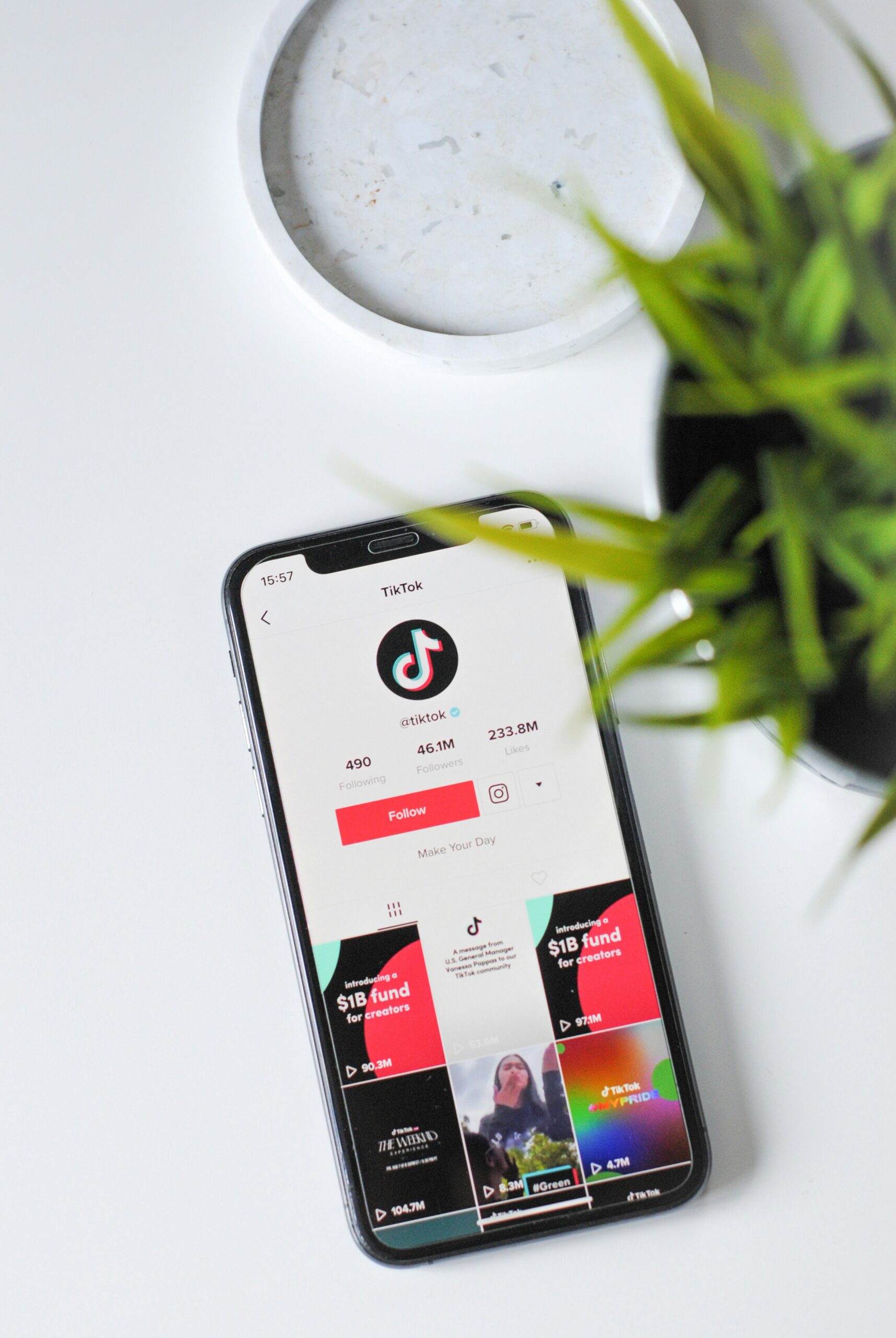TikTok’s Security Threats: Looking Beyond Legislation
TikTok, the popular social media app, has been under scrutiny due to security concerns. While lawmakers have approved measures targeting its Chinese owner, the true risks lie in the code that powers TikTok. It is important to look beyond legislation to understand the potential security threats associated with this app.
The Code Behind TikTok
At the heart of TikTok’s security concerns is its codebase. Developed by ByteDance, a Chinese company, the app’s code has raised questions about data privacy and potential vulnerabilities. The concern stems from the fact that TikTok collects a massive amount of user data, including personal information and browsing habits.
While TikTok claims to store user data in the United States and Singapore, there are concerns that the Chinese government may have access to this data due to China’s strict data protection laws. This has led to worries about potential surveillance and misuse of user information.
Data Privacy and Security Risks
One of the primary security risks associated with TikTok is the potential for data breaches. With a vast user base and access to sensitive information, any breach could have severe consequences for individuals. Personal information, such as names, addresses, and contact details, could be exposed, leading to identity theft and other forms of cybercrime.
Furthermore, TikTok’s code has been subject to scrutiny by cybersecurity experts. They have identified potential vulnerabilities that could be exploited by malicious actors. These vulnerabilities could allow hackers to gain unauthorized access to user accounts, manipulate content, or even distribute malware.
Another concern is the app’s use of third-party libraries and software development kits (SDKs). These external components may have their own security flaws, which could compromise the overall security of TikTok. Additionally, these SDKs often collect user data, further exacerbating privacy concerns.
Geopolitical Implications
The security concerns surrounding TikTok have also taken on geopolitical dimensions. With tensions between the United States and China on the rise, TikTok has become a focal point in the larger debate over technology and national security.
Lawmakers in the United States have raised concerns about the potential for TikTok to be used as a tool for Chinese propaganda or influence campaigns. There are worries that the app could be used to spread misinformation or collect intelligence on American citizens.
As a result, several countries, including India and the United States, have banned or considered banning TikTok due to these security concerns. These actions highlight the growing unease surrounding the app and its potential implications.
Addressing the Security Concerns
To address the security threats associated with TikTok, a multi-faceted approach is necessary. Legislation alone may not be sufficient to mitigate the risks. It is crucial for TikTok’s developers to prioritize data privacy and security in their codebase.
Regular security audits and vulnerability assessments should be conducted to identify and address any weaknesses in the app’s code. This will help ensure that user data is adequately protected and that potential vulnerabilities are patched promptly.
Transparency is also key. TikTok should provide clear and detailed information about its data collection practices and how user information is stored and protected. This will help build trust with users and alleviate concerns about data privacy.
Collaboration between governments, cybersecurity experts, and technology companies is essential in addressing the security threats posed by TikTok. By working together, we can develop comprehensive solutions that protect user data and ensure the security of the app.
Conclusion
While legislation targeting TikTok’s Chinese owner has been approved, the security threats associated with the app go beyond the scope of these measures. The code that powers TikTok and its data collection practices raise significant concerns about data privacy and potential vulnerabilities. Addressing these security risks requires a collaborative effort and a focus on transparency and regular security assessments. By taking these steps, we can better protect user data and ensure the security of TikTok.

